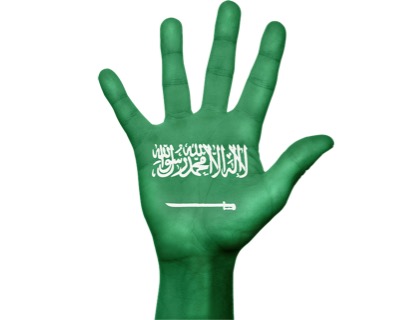Authorities in Saudi Arabia last week approved a new law designed to combat financial fraud and breach of trust. The new legislation defines all aspects of financial crimes in detail and sets out the maximum penalties, while attempting to take into account the rapid pace of technological advances around the globe.
The Saudi Central Bank defines fraud as “any act involving deceit to obtain a direct or indirect financial benefit by the perpetrator or by others with his help, causing a loss to the deceived party.”
Under the new law, the possible punishments for individuals convicted of committing financial crimes include up to seven years in prison and a maximum fine of SR5 million ($1.3 million).
Anyone who unlawfully appropriates money delivered to him through his work or by way of a trust, partnership, deposit or loan faces the possibility of a jail sentence of up to 5 years and a maximum fine of SR3 million.
The crime of incitement is also covered by the new law. Anyone who incites others to commit fraud or breach of trust, agrees to do so, or helps commit a crime that occurs as a result of incitement, will face a punishment that matches the limits for the type of crime.
Individuals convicted of attempting to commit a financial crime will face punishment that does not exceed half of the maximum limit for the type of crime.
There are also special provisions for groups or gangs convicted of organized financial fraud. The penalties imposed against members of such gangs shall not be less than half of the legally determined maximum limit and will not exceed double this limit. The same penalty shall apply in the event that such crimes are repeated.
In addition, all tools and equipment used to commit a financial crime will be confiscated. Any sentence that is issued may also include the cost of publishing a summary of the judgment, at the expense of the convicted person, in one or more newspapers.
The updated law gives courts the discretion to grant exemption from the stated penalties to individuals who initiate efforts to inform authorities about crime that has not been detected, and before any losses result from it.
.
By Dimah Talal Al-Sharif, May 5, 2021, published on Arab News






